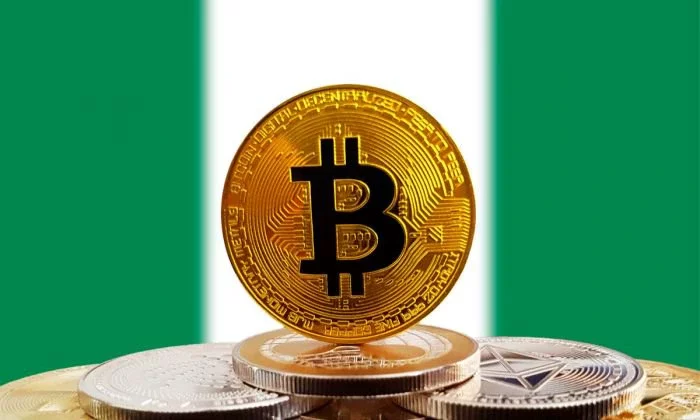
The Federal Government has taken action against online platforms such as Binance and other cryptocurrency firms, accusing them of manipulating the forex market.
Binance is a digital assets platform that enables peer-to-peer transactions, allowing users to buy or sell currencies of their choice.
However, on February 5, 2021, the Central Bank of Nigeria (CBN) directed financial institutions to close accounts associated with cryptocurrency transactions.
The CBN cited concerns over money laundering, terrorism financing, cybercrime, and the volatility of cryptocurrencies as reasons for the ban.
However, in December 2023, the CBN reversed its stance on crypto assets and instructed banks to disregard the previous ban on crypto transactions.
The recent restrictions on crypto websites aim to curb currency speculation activities in the country.
Binance, along with other crypto platforms, has faced restrictions in multiple jurisdictions such as the United States, Singapore, Canada, and the United Kingdom.
Bayo Onanuga, Special Adviser to President Bola Tinubu on Information and Strategy, has argued for a complete ban on Binance and other crypto platforms in Nigeria.
In response, Binance stated that its platform does not operate as a price discovery platform, and foreign exchange rates are determined by complex forces unrelated to the company.
Binance emphasized that it provides a market-driven peer-to-peer (P2P) platform that is not intended to serve as a proxy for currency pricing in Nigeria.
Some users of the platform have expressed frustration over their inability to purchase dollars.
In addition to Binance, several other platforms used for cryptocurrency transactions in Nigeria have also been blocked.
These include:
- Binance
- Forextime
- OctaFX
- Crypto
- FXTM
- Coinbase
- Kraken
- Kucoin
- Bybit

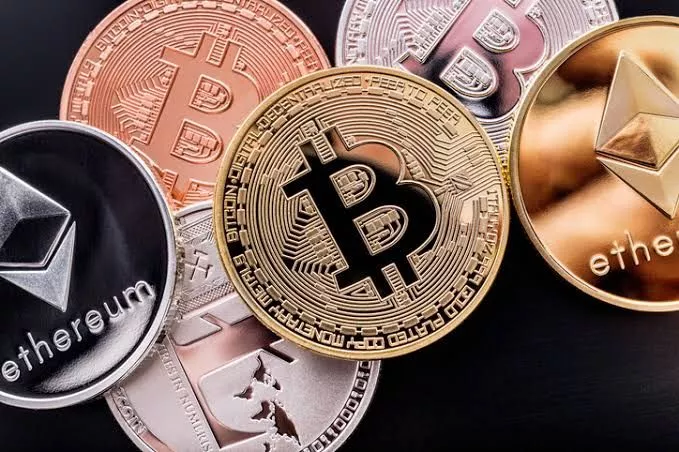
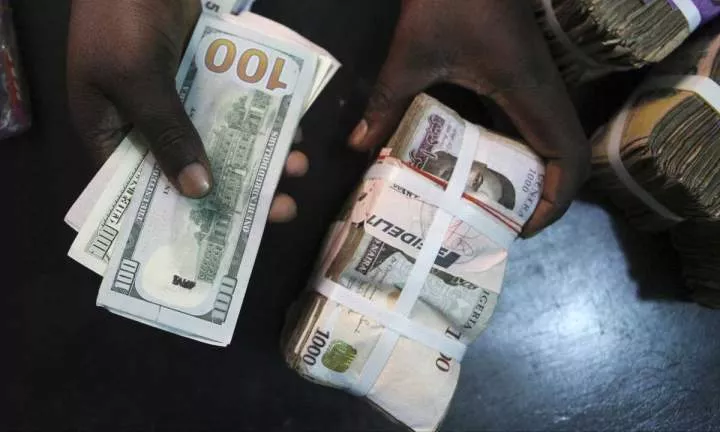
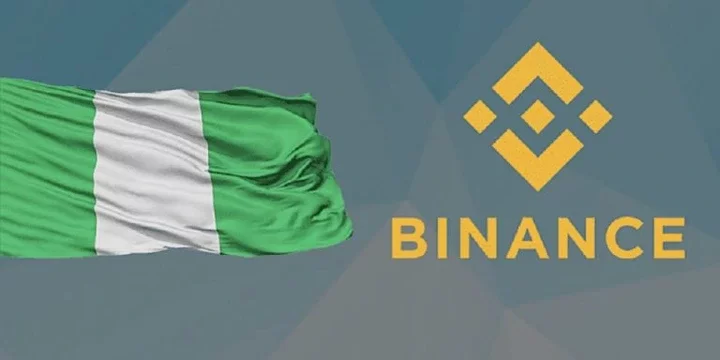
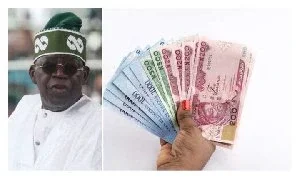
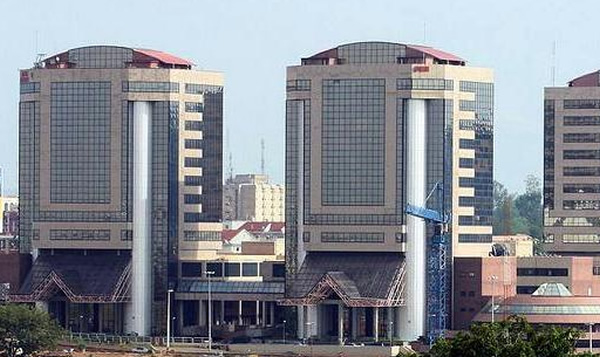









Comments